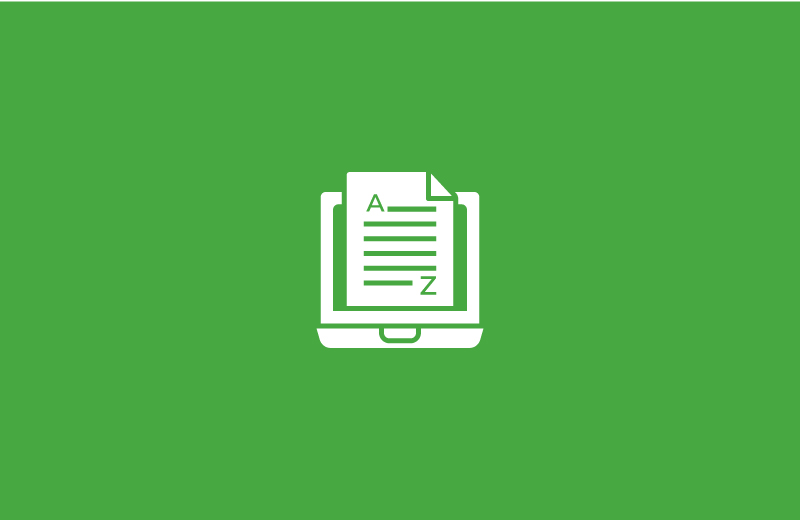Featured in The Times Of India
The human right to water entitles everyone to be sufficient, safe, acceptable, physically accessible and affordable water for personal and domestic uses (International Covenant on Economic, Social and Cultural Rights). In December 1992, United Nations General Assembly declared March 22 as World Water day (WWD).
It was declared to illuminate the current status, gaps and possible solutions for water-related issues around the globe. To achieve the same, the United Nations set a theme every year in the light of current status and likely future scenarios and challenges.
The theme for World Water Day 2019 is ‘Leaving no one behind.’ The theme implies water for all, including women, children, refugees, elderly, disabled, marginalized and poor people around the globe where all can thrive, leaving no one behind.
The World Water Day also signifies the importance, sustainability and safe usage of water. On the eve of World Water Day 2019, City Technical Support Unit (TSU) from Tamil Nadu Urban Sanitation Support Program organized “Test your own water” drive in its intervening slums located at Periyanaickenpalayam and Narasimhanaickenpalayam.
The supply of safe water does not guaranty water quality till its consumption. Empirical pieces of evidence reveal that water quality turns inferior during collection, transportation, shifting to storage vessel, storage and usage. Re contamination is further enhanced with poor sanitation and hygienic conditions. Eventually, the health benefits of treated drinking water supply are compromised due to re contamination in households.
City TSU recently conducted a baseline survey in its intervening slums at Periyanaickenpalayam and Narasimhanaickenpalayam. People from these slums received supply of potable water, often once in a week and sometimes once in two weeks through the roadside stand posts. Often they collect and store water for consumption until the next supply day. In the baseline water sample from 49 percent of households, it was detected that fecal coli form was present and 70 percent of households were found consuming their water either without any treatment or occasional treatments.
During the “Test your own water” drive, slum dwellers were trained on how to collect the sample of potable water in hydrogen sulfide (H2S) vial and preserve it for incubation for the next 36 hours at room temperature. The water sample would turn black if it contaminated with fecal coli form. With this indicative test people were taught to easily detect whether their water was safe or not.
Following the drive, two awareness camps were organized on March 21 and 22 at Balaviayaganagar from Narasimhanaickenpalayam and Vivkanadapuram from Periyaniackenpalayam where the possible contamination route during collection, transportation, storage and consumption was highlighted. Point of Use (PoU) disinfection methods viz. solar disinfection (SODIS), boiling, application of chlorine tablets, filter and so on, along with allied hygiene and sanitation practices were demonstrated by city TSU.
The response from the community was notable during these camps. Muthumari (name changed) from Vivekanadapuram slums said, “It is a usual practice for me to dip my hands into the ‘kodam’ while carrying water to my home. I was surprised knowing that such practice can recontaminate water.” Valli Rani from Balaviayaganagar was shocked when she learned someone else defecating in the open near the water source can affect her water.
The community has evinced interest in adopting some of the PoU water disinfection methods. Curiosity for the chlorine tablet was unanimous in both slums. City TSU is further exploring the possibilities of social marketing of the PoU products for the slum dwellers
K. Meena, former Vice Chancellor, Bharathidasan University, said poor menstrual hygiene could negatively affect women’s health. A section of women and girls, particularly in rural areas, used improvised material such as improperly cleaned cloth as they could not afford proper sanitary products. It might cause reproductive tract infections.
There were many menstrual disorders that could affect women health. They might affect their daily routine. Attention must be paid to create awareness of anemia, heavy periods, painful menses and others. Mothers had a greater role to play in creating awareness among their daughters., she said.
S. Amuthavalli, City Engineer, Tiruchi Corporation, said male members of families should also be made aware of the issues. They should understand the suffering and pain of women during periods. Fathers should be educated on menstrual management.
Kannagi Chandrasekaran, chairperson of Women, an NGO, and others spoke.
In a separate programme organised by Gramalaya, Sneha Shergil, Mrs. India Queen 2016, said society never questioned the methods used by young girls to stay clean and hygienic during their period. The myths around the natural bodily function would not only affect girls physically but also mentally and emotionally. It was time to end the stigma.



Leave A Comment
You must be logged in to post a comment.